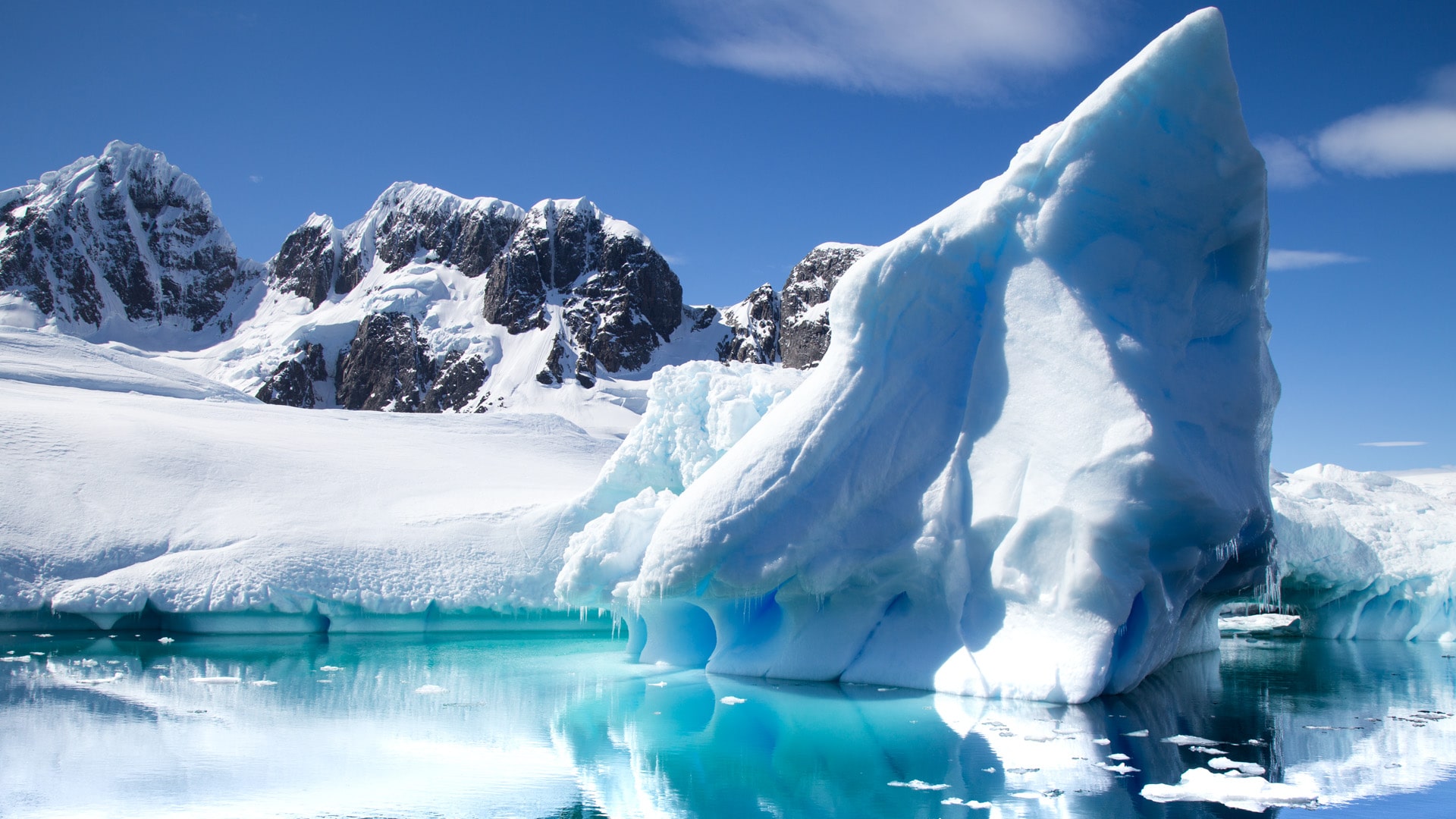Mystery of Antarctica. Antarctica, the fifth-largest continent in the world, raises a curious question: why is this massive landmass devoid of nations and human habitation? Covering about 20% of the Earth’s southern hemisphere, one might expect it to be home to numerous people and countries. However, Antarctica remains unclaimed and uninhabited. Let’s explore the reasons behind this intriguing phenomenon.
1. International Agreements
One of the primary reasons Antarctica is not a nation is the Antarctic Treaty signed in 1959. This agreement involved seven countries and established that Antarctica would not be claimed by any nation. Instead, it was designated as a territory for the common good of humanity. This international accord prevents any single country from taking control of the continent.
2. Harsh Climate
Antarctica’s extreme climate makes it inhospitable for permanent human settlement. Throughout the year, the continent is covered by thick ice and experiences frigid temperatures. In the winter, temperatures can plummet to as low as -30°C, while the summer months only see highs of around 9°C. Such harsh conditions make it nearly impossible for people to survive without extensive support and resources.
3. Extreme Isolation
Antarctica is incredibly isolated from the rest of the world. Unlike other continents that can be reached by land bridges, Antarctica is surrounded by the vast Southern Ocean, making it extremely difficult to access. In fact, it wasn’t until the 19th century that humans first set foot on the continent. Its isolation has contributed to its lack of permanent inhabitants.
4. No Official Time Zone
Antarctica even has its own time zone. However, this time zone is unique and different from those in neighboring countries. Researchers and visitors to Antarctica often use their home country’s time zones or the time zone of the nearest country, such as New Zealand, for convenience.
5. Harsh Natural Environment
The continent’s extreme natural conditions make it a challenging place for human habitation. Antarctica lacks arable land for farming, has limited mobility due to the harsh terrain and ice, experiences irregular day-night cycles, and faces other natural obstacles. These factors make it an unsuitable place for long-term human settlement.
In summary, Antarctica’s status as the largest uninhabited continent without a nation is primarily due to international agreements that prevent countries from claiming it. Additionally, its harsh climate, extreme isolation, lack of a viable time zone, and challenging natural environment make it an inhospitable place for human habitation. While scientists and researchers temporarily reside there, Antarctica remains a land of ice and mystery, untouched by permanent human settlement.
